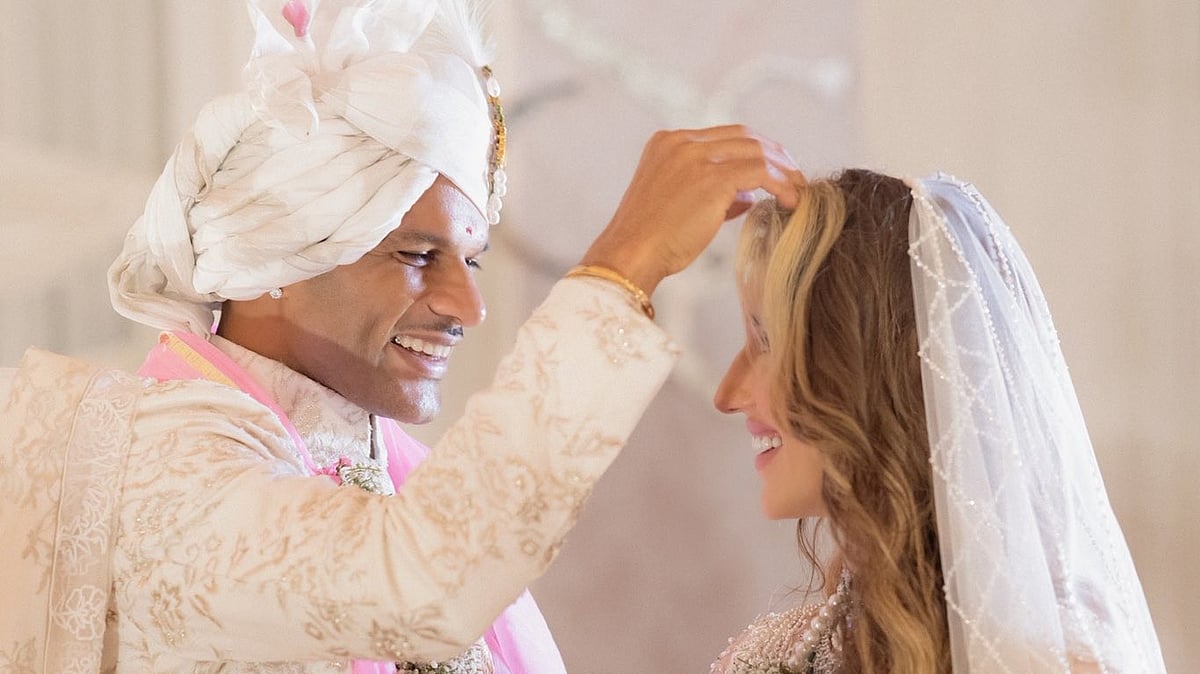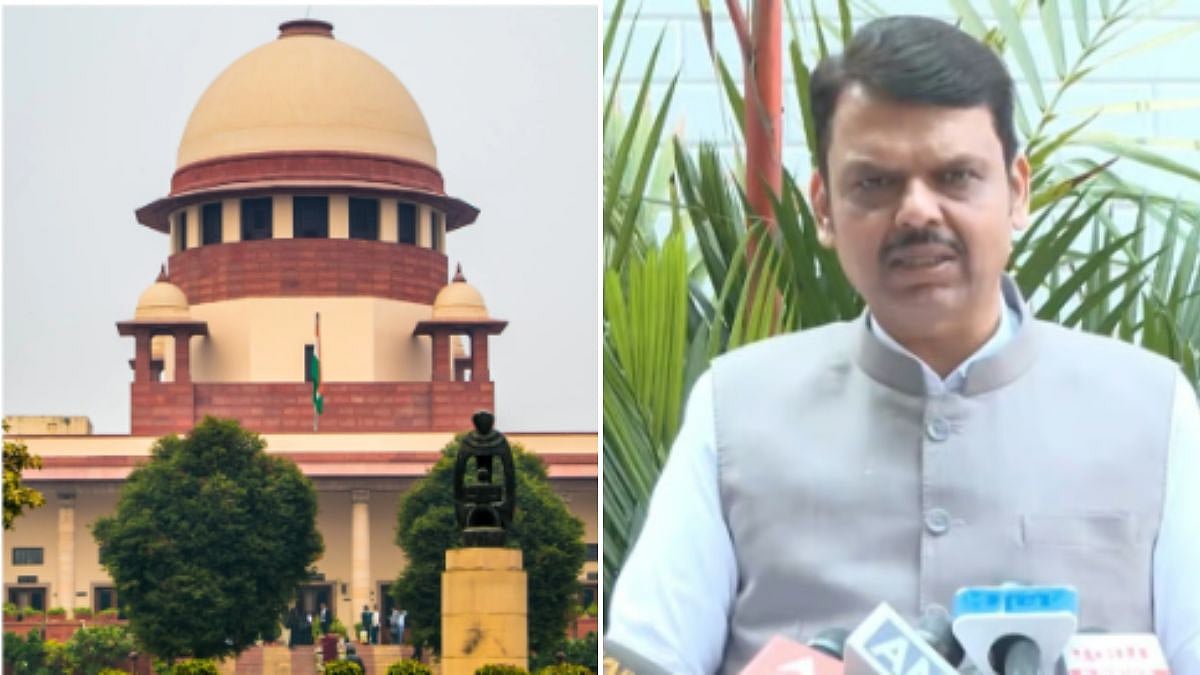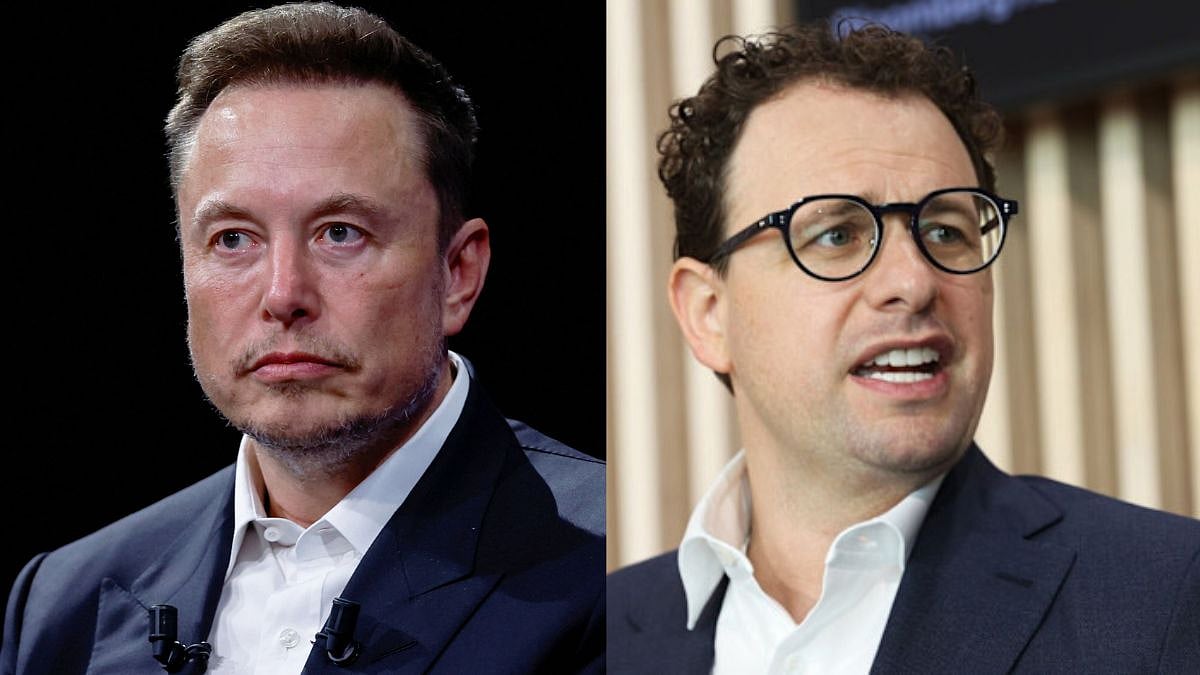Bangladesh is on the boil following a High Court order reinstating quota in 30 per cent of civil services posts for the descendants of the 1971 warfighters. Another 26 per cent are reserved altogether for women, Indigenous communities, and other underprivileged groups and categories.
Following a previous protest, the Bangladesh government scrapped quotas in most of government jobs in 2018 which was reinstated by the Court on June 5 this year. The renewed protests assume significance because government jobs are in high demand as they pay well. The students’ movement took off after a month of the Court order and all this while the government failed to assess the impact of the verdict in a country which has a deep history of uprisings. Rather, Prime Minister Sheikh Hasina chose to ignore intelligence reports which, according to sources, had practically predicted severe unrest.
Hasina refused to meet the students and stepped up her offensive calling the protesters ‘Razakars’ or volunteers in Arabic, which in Bangladesh's context is a deeply reviled word that means collaborators or volunteers of Pakistan. That proved to be exceptionally expensive and the army had to be deployed, a curfew was imposed and communication was snapped, severing Bangladesh from the rest of the world.
The question arises: Why would a seasoned politician like Hasina and her advisers underestimate the situation? The answer lies in Bangladesh’s recent politics. Once an exemplary people’s party, the ruling Awami League has lost its mass-connect. Its politicians, advisers, well-wishers, or sycophants have consistently failed to read the public mood.
Since 2008 – when Hasina-led Awami League stormed to power, the country has not experienced a fair election. Election observers, approved by the Bangladesh government, conceded to this reporter that last January's election was “a sham.” The same goes for all three national polls in 2014, 2018 and 2024. Therefore, in most cases, Awami League leaders who won the polls have little or no mass connect.
Recently, a three-time MP Anwarul Azim was brutally killed in Kolkata and he was a top criminal. Awami League has been nominating such `leaders' instead of the ones with mass-connect and thus its own support-base has dwindled. The grievances were mounting. From price rise to corruption, centered on unemployment to the arrogance of party cadres and leaders, unstable economy to visible poverty on the streets of Dhaka – Bangladesh's middle and low-income classes were not as happy as they appeared from Delhi or London. Nearly all the working-class people – and this reporter has interviewed nearly a score before the last poll – said that they don't have enough money to run the household even. Not one said anything positive about the ruling party. This was an open secret. And yet, Awami League won handsomely.
Now the bubble has burst, within six months of the thumping victory. The situation is well out of control with the students in the lead, backed by the only cadre-based opposition on the ground – Jamat-e-Islami (JeI). Owing to the lack of the main opposition party, who were obstructed to the degree when they nearly shut the shop, people turned to the banned JeI.
Exactly a year ago, JeI managed to hold a massive rally in Dhaka after a gap of 10 years indicating that it is capturing the vacant opposition space. People in every country turn to right-wing parties – often driven by their ideas of religion – when centrist politics fails. So they did in Bangladesh and the anger engulfed the state.
The Appellate Division of the Bangladesh Supreme Court has brought forward the date of hearing on the High Court verdict on Sunday and in all probability, it will revert the order. The students may not have much to fight for once the controversial quota is cut or stopped. The government may then try to reasonably compensate the victims and initiate dialogue with the students to calm things down. However, the rot will remain till Bangladesh conducts a proper election and provides a chance for democracy. As its founder Sheikh Mujibur Rahman once succinctly said Bangladesh's voice “can never be suppressed.




